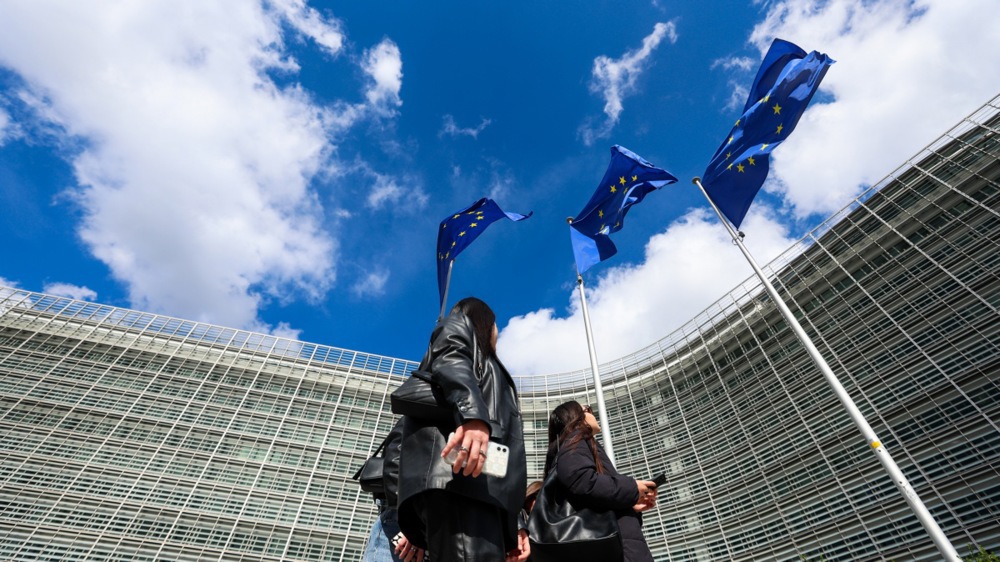Belgian political parties are pouring money into social media ads.
Their move comes before Meta’s ban of political adverts comes into force.
Meta says the European Union’s Digital Services requirements are impossible to meet.
Vlaams Belang, the right-wing Flemish nationalist party, has sharply outspent its rivals, front-loading its campaign budget ahead of the October EU-wide ban on both political and social-issues advertising.
In its press release, Meta said the step was necessary to limit compliance risks under the bloc’s new Digital Services Act (DSA), which sets strict transparency obligations for online platforms.
Meta says the DSA introduces complex labelling and disclosure duties, such as identifying funders, spending, targeting criteria and links to specific political processes, which it argued would be “impossible to guarantee” across its vast systems.
The company said suspending ads was a precaution to avoid potential legal liability.
AdLens data reported by Belgian newsagency Belga on September 24 showed Vlaams Belang dominating digital ad spending in Belgium.
Over the last month, the party spent spent € 327,630 on Meta websites, or about €80,000 more than in the same period last year, when parties were preparing for elections.
The party has spent several times more than its nearest rivals, while mainstream Flemish and francophone parties lag.
Vlaams Belang alone accounts for the overwhelming share of recent Facebook and Instagram political ad spending in the country.
Other right-wing parties have also increased their budgets, although the gaps in spending levels are striking. In France, the National Rally has been the biggest spender, albeit with relatively modest amounts.
Figures shared with Brussels Signal by Xavier Degraux, lecturer at the University of Liège and expert in online political communication, show that on Facebook and Instagram, Vlaams Belang spent € 217,600, the National Rally €16,600 euros. AfD, meanwhile, had not spend anything.
This illustrates a longer trend of the Flemish party spending a lot more than its counterparts, as on these same social media, between 15 April 2019 and 22 September 2025, Vlaams Belang spent about €5 million, the National Rally about €200,000 and AfD about €500,000.
Degraux said that Vlaams Belang could “thank public funding”, and that even within the country, they were spending a lot more than other parties.
The pattern shows parties adapting in different ways, he explained, “what is striking is the differential, more than the absolute numbers.”
“Some parties will burn their entire budget on ads right up to the limit, because it is effective and they lack alternatives, while others are already preparing for what comes next. This double phenomenon is especially visible in Belgium,” he said.
A European Commission spokesperson told Brussels Signal today that Meta’s move goes beyond what the bloc’s new rules require.
“The regulation that will come into application in October does not ban political advertising”.
The spokesperson underlined that the law does not regulate the content of political messages, nor does it impose any general monitoring obligation on platforms. Instead, its focus is on transparency, requiring clear labels on all political ads, disclosure of who paid, how much and for which election or policy debate the ads are linked.
The spokesperson added that the EC is finalising practical guidance for parties and platforms to clarify these new obligations. It has been in active discussions with companies including Meta and Google as well as Member States to assess the possible impact of commercial decisions to restrict advertising.
Civil society groups have warned in an open letter that Meta’s and Google’s restrictions could undermine transparency by shifting campaign spending into less visible or less regulated channels.
With the ban approaching, analysts said they expect ad spending to spike further as parties rush to reach voters before their online access to Meta’s platforms is cut off.





